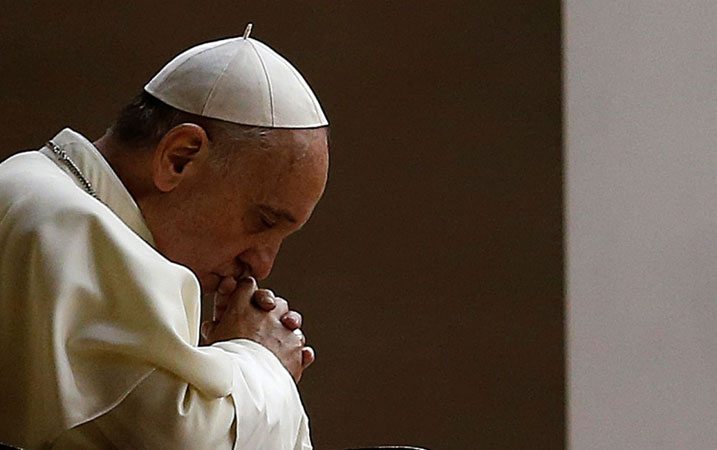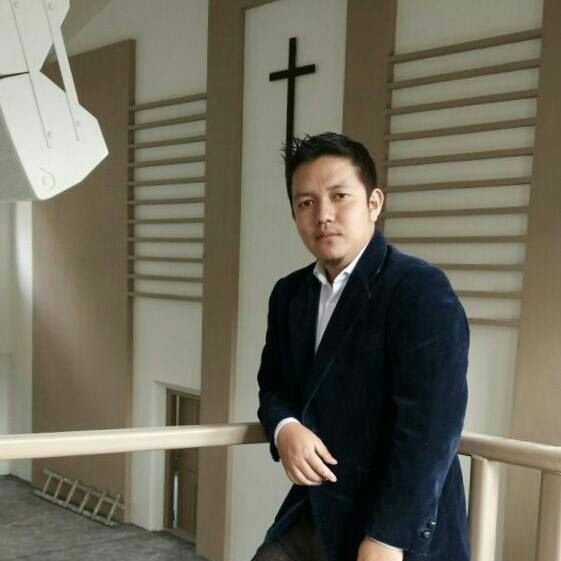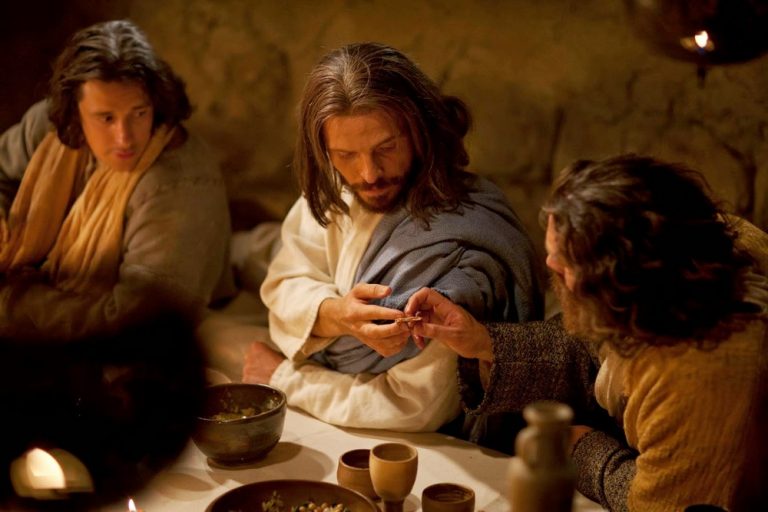Does The Pope Speaks Directly to God?
The role of the pope in prayer and worship is a fundamental aspect of the Catholic faith. As the leader of the Roman Catholic Church, the pope is regarded as the highest authority in matters of faith and morals.
The pope’s prayer life is an essential aspect of his role, as he is seen as the representative of Jesus Christ on earth and is responsible for guiding millions of Catholics worldwide in their spiritual journey.
The pope’s prayer life is grounded in the belief that God communicates with humanity through prayer and revelation. While the pope does not have direct communication with God, he can receive special revelation from God through prayer.
The Liturgy of Hours and the Eucharist are central to the pope’s prayer life, and he shares these practices with millions of Catholics worldwide. In this article, we will explore the significance of these practices in the Catholic faith and dispel common misconceptions about the pope’s relationship with God.

God’s Communication
In Catholicism, God’s communication with humans is often indirect. One way that God communicates is through other people, such as through teachers, priests, and the pope.
Catholicism teaches that God communicates through a person’s conscience, which is the inner voice that helps guide a person’s moral decision-making.
In prayer, Catholics seek divine communion with God and rely on the Holy Spirit to guide them in their communication with God. Prayer methods are an important way for Catholics to communicate with God.
The Liturgy of Hours is a daily prayer consisting of psalms and prayers to be prayed at different hours of the day, and it is considered a way to sanctify the day and all human activity.
Liturgies, consisting of prayer, are important and are usually prayed communally. Catholics also celebrate Mass, during which they receive the blood and body of Christ. Adoration, which refers to the worship of Christ outside of Mass, is also an important practice for Catholics.
Through these prayer methods, Catholics seek to deepen their relationship with God and receive divine communication.
The Liturgy of Hours
The Liturgy of Hours is a set of prayers and psalms that are recited at specific times throughout the day in the Catholic Church. This prayer schedule begins with morning prayer, followed by mid-morning prayer, midday prayer, mid-afternoon prayer, evening prayer, and night prayer.
The Liturgy of Hours is significant because it sanctifies the day and all human activity, reminding Catholics to maintain a constant awareness of God’s presence throughout the day.
The Liturgy of Hours is typically prayed communally, emphasizing the importance of community in Catholic worship. The communal aspect of prayer helps to build a sense of unity among the faithful, enhancing their sense of belonging and fostering a deeper understanding of Catholic teachings.
The Liturgy of Hours is seen as a way of calling upon God, as it is believed that through prayer, a follower’s faith remains steadfast, with God always at the forefront of their thoughts. Overall, the Liturgy of Hours serves as an important reminder to Catholics of the power of prayer and the significance of communal worship.
| Time of Day | Prayer |
|---|---|
| Morning | Morning Prayer (Lauds) |
| Mid-Morning | Mid-Morning Prayer (Terce) |
| Midday | Midday Prayer (Sext) |
| Mid-Afternoon | Mid-Afternoon Prayer (None) |
| Evening | Evening Prayer (Vespers) |
| Night | Night Prayer (Compline) |
The Eucharist and Adoration
During Mass, the Catholic Church teaches that the bread and wine are transformed into the body and blood of Christ, which is the greatest form of sacrifice and worship. This transformation is known as The Real Presence.
Catholics believe that by receiving the Eucharist, they are receiving the actual body and blood of Christ. This is why the Eucharist is considered to be the most important part of the Mass.
However, the concept of The Real Presence has been a source of controversy throughout history. Some Catholics have questioned the literal interpretation of the transformation of the bread and wine into the body and blood of Christ.
Others have debated who should be allowed to receive communion, including those divorced and remarried or those supporting abortion rights.
Despite these debates, the Eucharist remains central to Catholic worship and is an essential part of the faith. Adoration, a time of worship outside of Mass, is also an important part of Catholic worship. During adoration, Catholics may pray, sing, or reflect in peace, with a focus on Christ’s presence in the Eucharist.
Papal Infallibility
Papal infallibility has been a topic of discussion and debate within the Catholic Church. It is a doctrine that asserts that the pope, when speaking ex cathedra on matters of faith and morals, is preserved from error by the Holy Spirit.
This means that the pope’s teachings on such matters are considered to be free from error and are therefore binding on all Catholics. However, it is important to note that this infallibility is limited to very specific circumstances and is not a blanket guarantee of the pope’s infallibility in all matters.
Historical examples of papal infallibility include the Immaculate Conception of Mary in 1854 and the Assumption of Mary in 1950. Both of these doctrines were promulgated by the pope, and are considered to be infallible teachings of the Catholic Church.
However, it is important to understand that infallibility is not a guarantee that the pope will always be correct or that he cannot sin. Rather, it is a teaching that asserts that the pope, when speaking on matters of faith and morals, is preserved from error by the Holy Spirit.
This doctrine has been the subject of much debate and discussion within the Catholic Church and remains an important topic of theological inquiry.
Conclusion
The pope’s role in prayer and worship is a crucial aspect of the Roman Catholic Church. While the pope is not believed to have direct communication with God, he is regarded as a representative of Jesus Christ on earth and can receive special revelation from God through prayer.
The Liturgy of Hours and Mass are essential practices in the pope’s prayer life, which he shares with millions of Catholics worldwide.
The Liturgy of Hours is a series of prayers and readings that are recited throughout the day by the pope and other clergy members. This practice is meant to sanctify the day and provide a structure for prayer and contemplation.
The Eucharist and Adoration are also significant aspects of the pope’s prayer life, as they involve the act of communion with God and the adoration of the Blessed Sacrament.
In conclusion, the pope’s role in prayer and worship is integral to the Catholic faith. While he does not have direct communication with God, the pope can receive special revelation through prayer and is considered a representative of Jesus Christ on earth.
The Liturgy of Hours and Mass and the Eucharist and Adoration are essential practices in the pope’s prayer life and are shared by millions of Catholics worldwide.

Sangtea Hmar is a passionate leader of the Youth Christian Fellowship at the Electric Vengthlang Presbyterian Church in Aizawl, Mizoram, India. He is the owner of Christiantone.com and is committed to spreading the word of God. He loves to mentor youth and help them grow in their faith.






